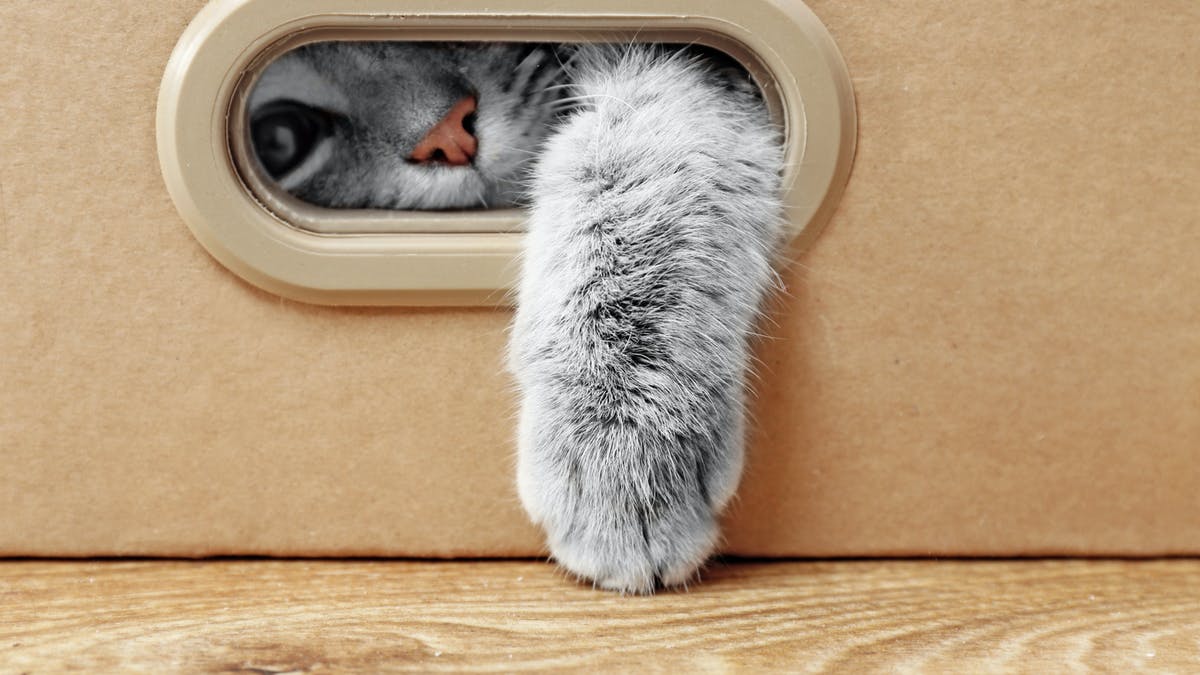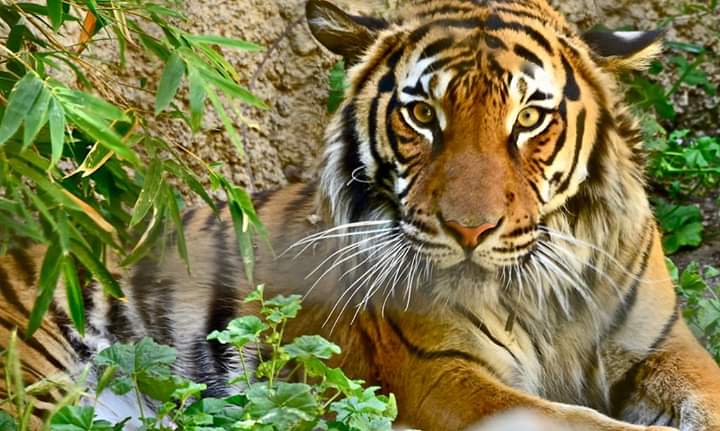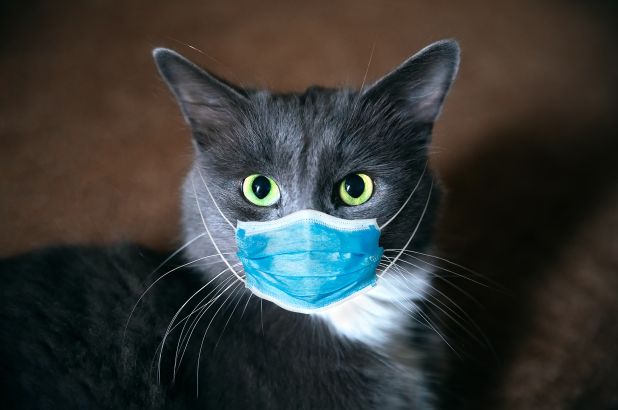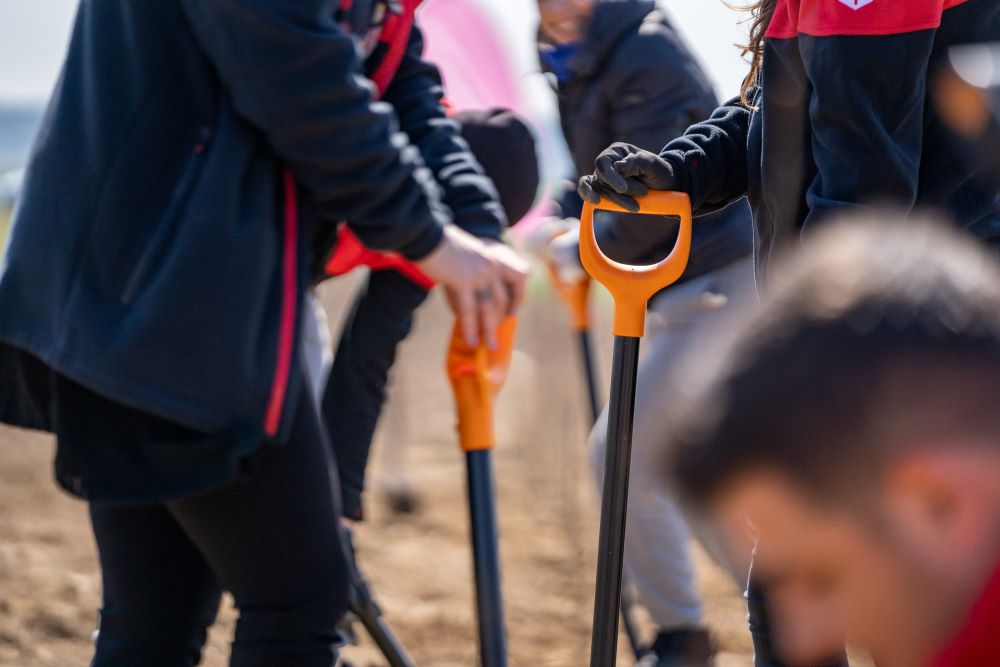Animals vs. COVID-19: What you need to know. For a lot of us, our animals are family. So why not be worried about them during the pandemic? People everywhere are stressed out and concerned about life living in this pandemic. But…how are our smaller family members holding up are they stressed in the pandemic? What can you do to help your fur babies at this time? In this blog, you will find answers that you need to help your animals stay safe and stress-free during COVID-19
Animals vs. COVID-19: What you need to know
What you need to know. Although our pets may enjoy getting to spend more time with us, the dramatic shift in their routine’s stresses many of them out. As a result, many people who may have dreamed of being home all day with their pets have realized that it can be. . . challenging.

Animal Behavior
Animals vs. COVID-19. Are you worried about them during the pandemic? Many pets are acting needier than usual. This may include constantly being underfoot, relentlessly nosing us to pet them, or barking incessantly to go outside. Cats in general experience stress differently than dogs. Cats can express stress—as do a much smaller number of dogs—through unwelcome changes in bathroom behavior, such as urinating outside the litter box.
While dogs are more apt to turn toward us when they are feeling stressed, cats are more prone to turn away, Borns-Weil said. “So that’s something to look out for—is your cat becoming depressed and hiding all day? If your cat could engage with members of the family, are they avoiding them instead?”
COVID Mysteries
There are still a lot of mysteries and questions that people are not getting answered about this virus. We do not know the exact source of the current outbreak of coronavirus disease 2019 (COVID-19), but we know that it originally came from an animal, like many of us heard, animals like bats. As of right now, there is not much evidence if animals play a part in this virus or not.
There is also no evidence that animals play a significant role in spreading the virus that causes COVID-19. Based on the limited information available to date, the risk of animals spreading COVID-19 to people is low. More studies are still needed to understand if and how different animals could be affected by COVID-19. We are still learning about this virus, but it appears that it can spread from people to animals in some situations.
The virus that causes COVID-19 spreads mainly from person to person through respiratory droplets from coughing, sneezing, and talking. Recent studies show that people who are infected but do not have symptoms likely also play a role in the spread of COVID-19. Currently, there is no evidence that animals play a significant role in spreading the virus that causes COVID-19. Based on the limited information available to date, the risk of animals spreading COVID-19 to people is low. More studies are needed to understand if and how different animals could be affected by COVID-19.
Are pets from a shelter safe to adopt?
Based on the limited information available to date, the risk of animals spreading COVID-19 to people is low. There is no reason to think that any animals, including shelter pets, play a significant role in spreading the virus that causes COVID-19.
Recent research shows that ferrets, cats, and golden Syrian hamsters can be experimentally infected with the virus and can spread the infection to other animals of the same species in laboratory settings. Several studies have investigated non-human primates as models for human infection. Rhesus macaques, cynomolgus macaques, Grivets, and common marmosets can become infected SARS-CoV-2 and become sick.
Animals that are less likely to be infected
Mice, pigs, chickens, and ducks do not seem to become infected or spread the infection based on results from these studies.
Data from one study suggest some dogs can get infected but might not spread the virus to other dogs as easily compared to cats and ferrets, which can easily spread the virus to other animals of the same species.
These findings were based on a small number of animals, and do not show whether animals can spread the infection to people. More studies are needed to understand if and how different animals could be affected by COVID-19. We are still learning about this virus. But it appears that it can spread from people to animals in some situations. Especially after close contact with a person sick with COVID-19.
We know that cats, dogs, and a few other types of animals can be infected with SARS-CoV-2. The virus that causes COVID-19. But we do not yet know all of the animals that can get infected. There have been reports of animals being infected with the virus worldwide. A small number of pet cats and dogs have been reported to be infected with the virus in several countries, including the United States. Most of these pets became sick after contact with people with COVID-19.

Several lions and tiger sexternal icons at a New York zoo tested positive for SARS-CoV-2. After showing signs of respiratory illness. Public health officials believe these large cats became sick after being exposed to a zoo employee who was infected with SARS-CoV-2. All these large cats have fully recovered. Research on SARS-Cov-2 in animals is limited, but studies are underway to learn more about how this virus can affect different animals.
Ferrets, Cats, and Golden Syrian Hamsters
Recent research shows that ferrets, cats, and golden Syrian hamsters can be experimentally infected with the virus. They can spread the infection to other animals of the same species. Several studies have investigated non-human primates as models for human infection. Rhesus macaques, cynomolgus macaques, Grivets, and common marmosets can become infected with SARS-CoV-.
Mice, pigs, chickens, and ducks do not seem to become infected or spread the infection based on results from these studies. Data from one study suggest some dogs can get infected but might not spread the virus to other dogs as easily compared to cats and ferrets, which can easily spread the virus to other animals of the same species. These findings were based on a small number of animals, and do not show whether animals can spread the infection to people. More studies are needed to understand if and how different animals could be affected by COVID-19.
COVID-19 Variety
Some coronaviruses that infect animals can be spread to humans and then spread between people, but this is rare. This is what happened with the virus that caused the current outbreak of COVID-19. With the virus likely originating in bats. The first reported infections were linked to a live animal market, but the virus is now spreading from person to person.
The virus that causes COVID-19 spreads mainly from person to person through respiratory droplets from coughing, sneezing, and talking. Recent studies show that people who are infected but do not have symptoms likely also play a role in the spread of COVID-19. Currently, there is no evidence that animals play a significant role in spreading the virus that causes COVID-19. Based on the limited information available to date, the risk of animals spreading COVID-19 to people is low. More studies are needed to understand if and how different animals could be affected by COVID-19.

Can I get COVID-19 from my pet or other animals?
Based on the limited information available to date, the risk of pets spreading the virus that causes COVID-19 in people is low. Currently, there is no evidence that animals play a significant role in spreading the virus that causes COVID-19. There is a small number of animals around the world reported to be infected with the virus that causes COVID-19, mostly after having close contact with a person with COVID-19. This means you should avoid contact with your pet. Including petting, snuggling, being kissed or licked, and sharing food or bedding.
If possible, have another family member care for your pet while you are sick. If you must care for your pet or be around animals while you are sick, wash your hands before and after you interact with your pets. Wearing a cloth covering on your face helps prevent some germs. Until we learn more about how this virus affects animals. Treat pets as you would human family members to protect them from possible infection. This means:
- Do not let pets interact with people or other animals outside the household.
- Keep cats indoors when possible to prevent them from interacting with other animals or people.
- Walk dogs on a leash maintaining at least 6 feet (2 meters) from other people and animals.
- Avoid dog parks or public places where many people and dogs gather.
- If your pet gets sick or you have any concerns about your pet’s health, talk to your veterinarian.
Park Ave Magazine
So much has changed in this new normal. Keep up with everything going on in the central Florida area. Do you have a suggestion for an article? Or are you an upcoming artist looking to put their foot in the door? Then visit Park Ave Magazine now. We are always looking for anything fun new interesting and creative. Click here to contact us. For more tips and tricks to help your pets feel happy, safe, healthy, and loved click here to visit FluentWoof.




